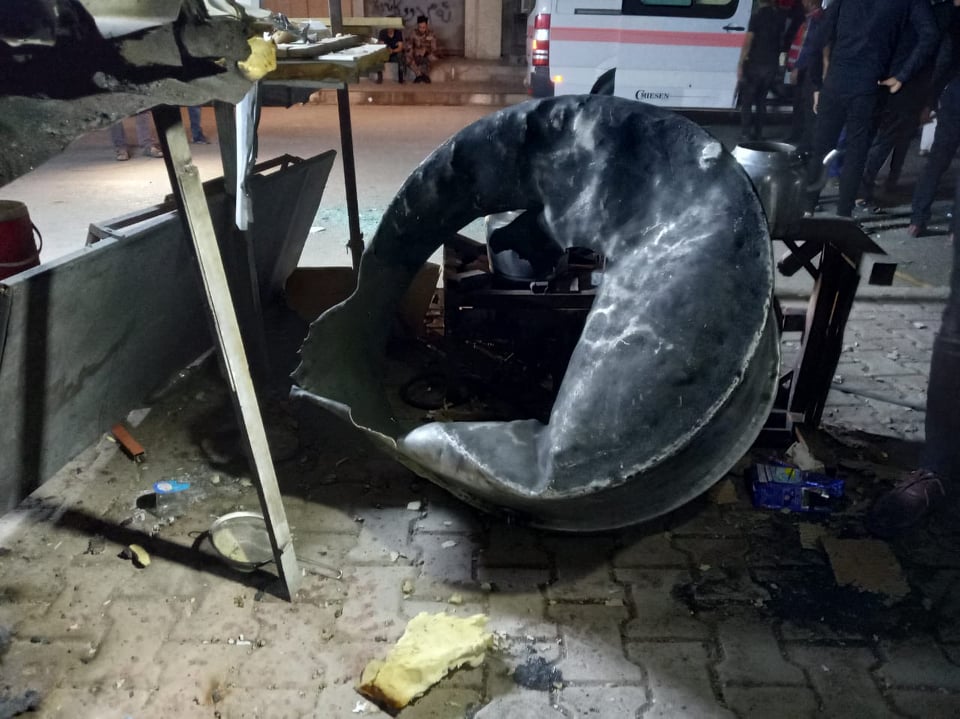IED explosion in Kirkuk leaves six wounded

ERBIL (Kurdistan 24) – On Sunday evening, an improvised explosive device (IED) targeted a Shia religious gathering in Kirkuk's Qadisya neighborhood, wounding six civilians.
The incident occurred as Shia Muslims in Qadisya were preparing to participate in religious ceremonies on Ashura—a day on which Shia Muslims mourn the seventh-century killing of Imam Hussein, the grandson of Prophet Mohammed.
"When I was setting up the tent to make the necessary preparations, I was assured by the Kirkuk police that our lives would be protected," Ali Musawy, the organizer of the event, told local media. "However, the explosion proved otherwise, injuring six of us."
No group has taken responsibility, but Islamic State attacks have targeted different groups in Kirkuk over the past three years.
The Qasisya neighborhood is an area of diverse ethnic makeup, including Kurds, Turkmen, and Arabs.
In response to the bombing, the head of Kirkuk's joint operation command summoned the head of Kirkuk's Uruba police station, a Kurdish officer named Brigadier Haval Barznji, suspending him from his duties, accusing him of "negligence."
Kurds in Kirkuk have often complained of mistreatment and racist policies by the local administration, citing the unjust removal of Kurdish officials from their posts.
The Second Deputy Speaker of the Iraqi parliament, Bashir Hadad, on Wednesday, called on the acting governor of Kirkuk, Rakan al-Jabouri, to appear in Baghdad because of the problems the Kurdish population is facing in the region and its surrounding area.
Read More: Kirkuk's acting governor summoned to answer for 'targeting' of Kurdish population
Kirkuk is an oil-rich province that was protected by the Peshmerga forces after mid-2014 when the Iraqi army collapsed in the face of the so-called Islamic State. It is composed of various ethnic and religious groups, including Arabs, Christians, and Turkmens, with Kurds being the largest group.
However, on Oct. 16, 2017, Iraqi forces along with Iran-backed Shia Hashd al-Shaabi militias advanced on Kirkuk province and other areas disputed between the Kurdistan Regional Government (KRG) and the Federal Government of Iraq, forcing the Peshmerga to retreat. The move was a response to the Kurdistan Region's historic independence referendum in September 2017, a vote which Baghdad rejected.
Editing by Khrush Najari
